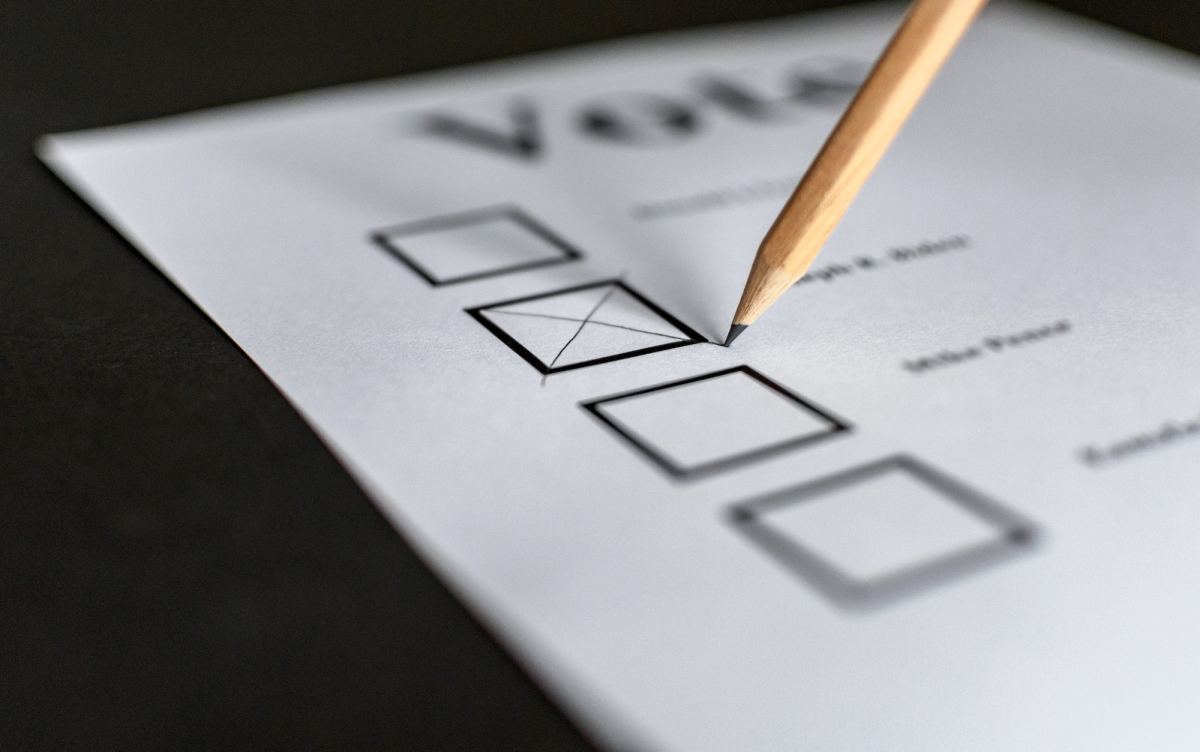Voters went to the polls yesterday to vote on a handful of ballot issues.
The most prominent issue in Springfield and other communities around the Ozarks was taxing recreational marijuana.
Springfield voters passed the three percent tax with 70-percent of the vote.
Mayor Ken McClure said, in a press release, he is pleased with the election results.
Other communities passing three-percent taxes on recreational marijuana were Branson, Rockaway Beach, Forsyth, Hollister, Buffalo, Taney, and Dallas County.
There were a few other issues on the ballot in some communities.
Tax levies for fire protection and schools went down to defeat.
Voters said no to tax levy increases in Central Polk County, Hazelgreen and Lake Ozark for their fire protection districts.
Richland and Ava school districts saw their tax levy increases defeated.
Voters did approve a transportation tax in Seymour, a property tax to support the Branson-Hollister library, and a use tax in Cedar County.
From the City of Springfield news release:
“City of Springfield officials are grateful for the successful passage of a ballot measure to add a 3% sales tax on the retail sale of adult use marijuana, also known as recreational marijuana.
The tax is estimated to generate about $1.8 million per year.
Those voting affirmative numbered 70% with only four precincts remaining at 8:30 p.m. Tuesday.
Proceeds from the tax will be used for public safety, mental health services, housing and substance abuse services.
City Manager Jason Gage said he expects that City Council will budget certain dollars for each (or all) categories they wish to address each budget year, depending on the programming.
“They could spend all funds in one program, divide them evenly or take a more customized approach.
If they should focus on long-term programming using the funds, then it is possible they will prepare a longer-term funding plan similar to our capital improvement program,” he said.
Mayor Ken McClure is pleased with today’s result, saying the funds will be put to good use, addressing critical issues in the community.
“We are very grateful for the support of the community with this passage,” he said.
“Community health, public safety, and the housing shortage are important issues. I am pleased we will have additional funds for these purposes.”
Retail sales of recreational marijuana are already taxed by the state of Missouri at a rate of 6%.
The sales tax rate in the city limits of Springfield is 8.1% for all retail goods, which includes the City’s sales tax rate of 2.125%.

